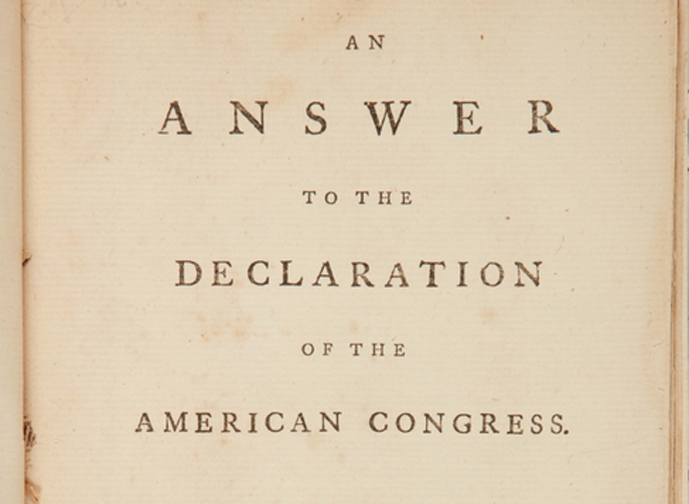Book Review: First Entrepreneur: How George Washington Built His — and the Nation’s — Prosperity by Edward G. Lengel (Da Capo Press, 2016).
When one thinks of George Washington, perhaps the first image is that of the military commander of the Revolutionary War. Next might be Washington as president. Few are likely to picture Washington as a businessman, entrepreneur and far-seeing economic pragmatist.
As Edward G. Lengel demonstrates, Washington became very much the businessman, the capitalist, and as president he pursued growth in domestic manufacturing through a free market. In a very real sense he shaped the young nation through commerce both internally and throughout the world.
Washington was self-taught in the ways of business. This knowledge did not come easily. Through observation and practical experience as surveyor, his early association with the military, and managing the estate that would become Mount Vernon, he learned the value of thrift, precise record keeping, avoidance of debt, investments, markets and a multitude of requirements which molded him into a successful business manager. For many years he fought to free himself, and eventually the country, from the British colonial system which suppressed American business and forced dependence upon, and a cycle of continuous debt to, the British.
Realizing that the Continental Army was in many respects a business that to be successful must function as a business he continually sought responsible management even in the most dire of times. He was bold, but not reckless. He always kept in mind that the army, which was his business, had to survive and continue to exist. For years Washington had not only to fight on the battlefield but also fight for the financial resources, as stable as possible, to remain in the field. Lengel, who knows more about Washington’s papers than anyone, provides a multitude of documents revealing Washington’s business-like thinking even during the most trying of military situations.
As president, Washington would look beyond the horizon to see distant goals and set a course for national prosperity through his policies. Most interesting is that Washington did not seek to use the power of the government to interfere with business. Rather, he believed that strength, economic as well as potential military, would come from the prosperity of the people as they sought the fruits of their labor. He viewed the government as encouraging entrepreneurship at every level. He firmly believed that if Americans were free to use their hard work and brains to build better mousetraps then the world would beat paths to their doors. And that the government ought to stay out of the way as much as possible.
First Entrepreneur is very readable and provides a view of Washington that most, even those who have followed Washington closely, may never have recognized. It is fascinating, enlightening and very convincing. Highly recommended.










3 Comments
Is slavery at Mount Vernon discussed in the book? It certainly ought to be; I’ve just bought it, so I’ll find out.
Washington’s slaves were not tied to the land by “limited education”–but because they were enslaved. Washington did decree they be emancipated in his will (except for the dower slaves belonging to the Custis Estate). Further, he decreed that any old & infirm former slaves be supported for the rest of their lives–and that the younger ones be educated for lives as Free Virginians.
It is a pity that Washington did not free his slaves earlier, but none of the other slaveholding Presidents did even that much. His business skills (the subject of this book) had direct bearing on his actions–he was sufficiently free of debt to free his “property.”
Jefferson of the golden words was never free from debt; he mortgaged his slaves to finance his expensive tastes & to perfect Monticello. Therefore, his slaves were sold off after his death, breaking up families. (Except for some of the Hemingses.) Even he did not consider slaves “nonhuman”–read his “Notes on the State of Virginia” to see that he considered them inferior humans–not worthy of living in this country as free men & women.
It is interesting to consider that in the early 1770s the British floated several proposals aimed at gradually doing away with slavery. The concern was the effect that sudden emancipation would have on the all-important Atlantic trade, so the plan was to slowly institute measures to bring it to a gradual end. But, of course, the war got in the way.
As much as we might like to condemn Washington and other slaveholders, we have to consider that this was more than simply a moral decision on their part, but also one that could seriously impair their future economic viability.
I agree with Hugh’s excellent review that Ed Lengel’s book is very readable. I think for both scholars and casual readers. It shows the first president in such a favorable business-savvy light, that sometimes one forgets that it’s the story of someone 225 years ago. Many social media web sites are playing a “what if….?” blurb on Washington running for the office today, based upon his political and business acumen. Few people in history hold up that well.